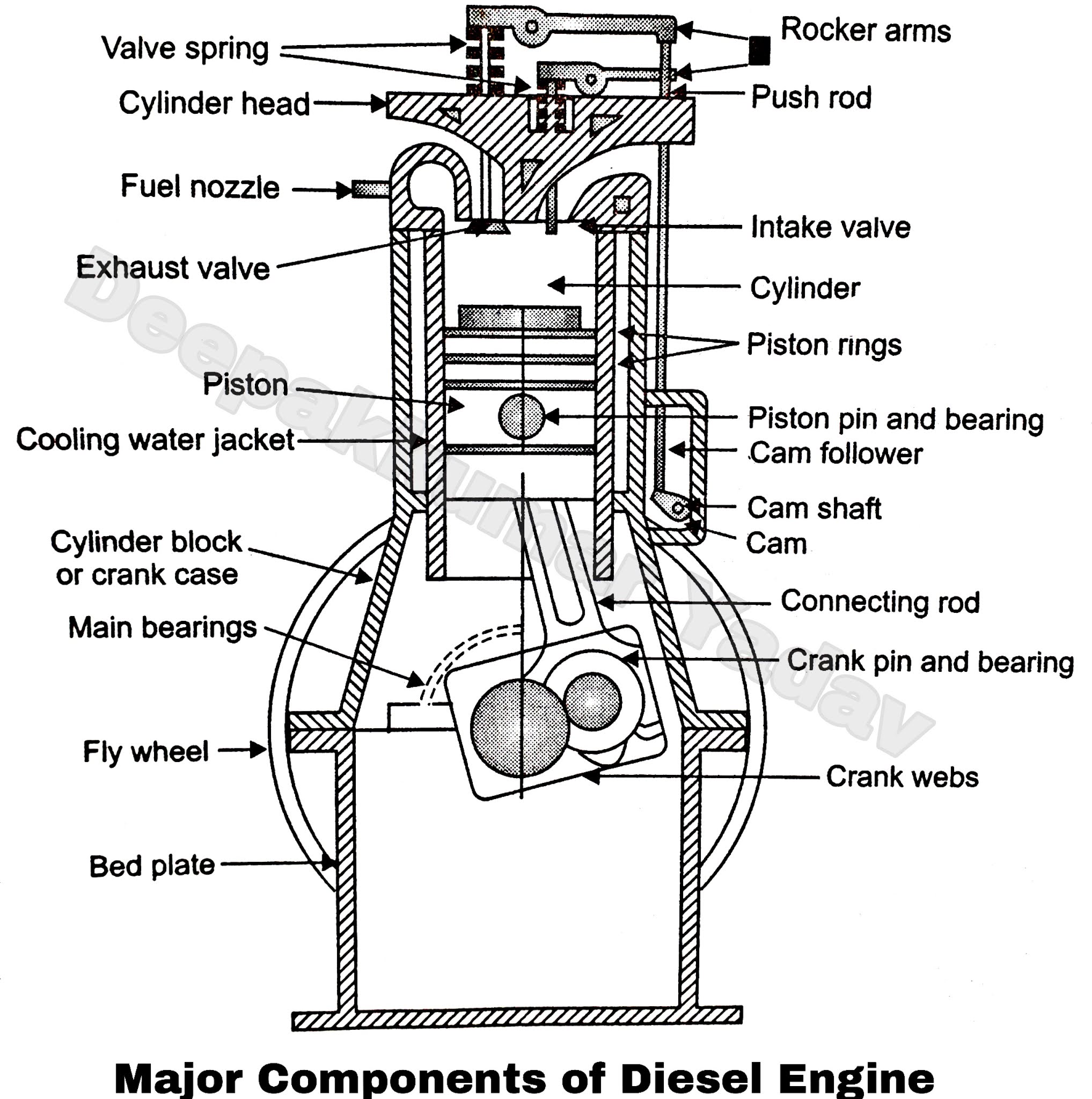Choosing the Right Oil for Your Gas Engine

Hi there, fellow power plant enthusiasts! If you're taking care of your gas engine like a true pro, one crucial step is selecting the right oil to keep it running smoothly. In this article, we'll explore the factors that matter most when choosing oil, helping you make an informed decision that ensures your engine stays healthy and efficient.
1. Understanding Your Engine's Needs

First things first, it's essential to know your engine's specifications. Every gas engine has different oil requirements based on its type, age, and manufacturer's recommendations. Check your owner's manual for the recommended viscosity (oil thickness) and any specific oil certifications like API or ILSAC classifications. This information will guide you towards the best oil for your particular engine.
2. Viscosity Matters
Viscosity refers to how easily oil flows at different temperatures. There are two numbers on the oil bottle, like 5W-30, which means it's a multi-grade oil. The "W" stands for winter, and the first number indicates cold flow, while the second number represents summer performance. Choose the viscosity that suits your climate �C a lower number for warmer regions and a higher one for colder climates.
3. company website . Conventional Oils
Synthetic oils offer better performance and longevity compared to conventional ones. They resist breakdown better, provide better protection against wear, and can maintain their properties over a longer period. If you have an older engine or want top-notch protection, synthetic oils may be the way to go. However, if you're on a budget, conventional oils can still work well if they meet your engine's requirements.
4. Additives and Protection
Look for oils fortified with additives that enhance engine protection. These might include detergents to clean������, antioxidants to prevent oxidation, and friction modifiers to reduce wear. Some oils also have rust inhibitors and fuel economy boosters, which can save you money in the long run.
5. Compatibility with Your Application
Consider the type of work your gas engine does. High-performance engines or those operating in extreme conditions may require specialized oils designed for heavy-duty applications. Make sure the oil you choose is compatible with your engine's demands.
6. Environmental Factors
If you're environmentally conscious, opt for oils that meet emissions standards like API SN or CF. These oils have lower sulfur and ash content, reducing emissions and contributing to cleaner air.
7. Regular Oil Changes
Lastly, remember that choosing the right oil is just half the battle. Regular oil changes according to the manufacturer's guidelines are vital for maintaining your engine's health. A clean oil filter and fresh oil ensure your engine runs at its best.
In conclusion, selecting the right oil for your gas engine is a smart investment in its longevity and performance. Take the time to research, understand your engine's needs, and consult your manual. By doing so, you'll be well on your way to keeping your power plant running strong and efficient. Happy engine maintenance!
